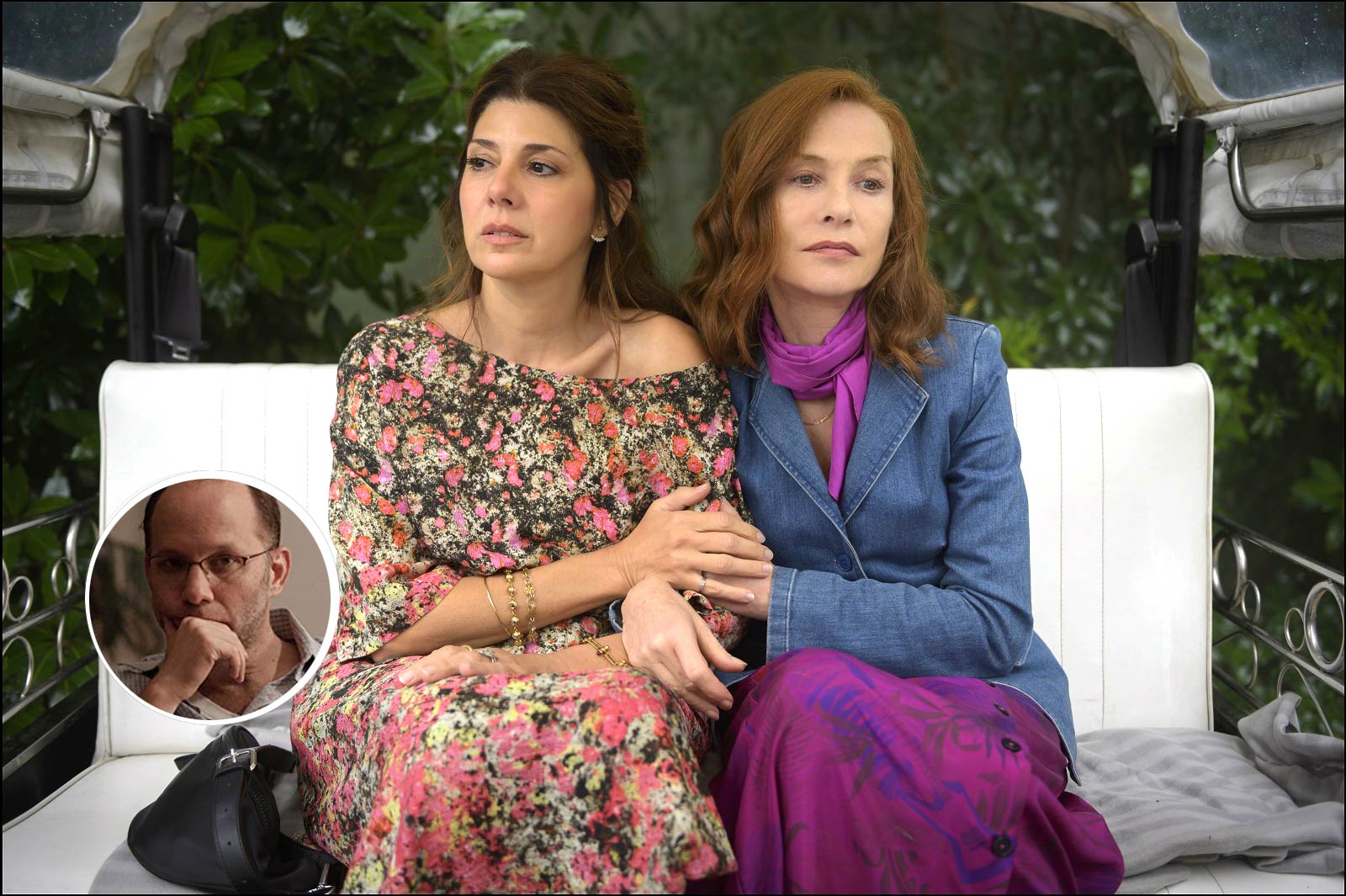At what stage do you start thinking about how your films may fit into the marketplace?
I don’t begin a project unless I believe the story will be something other people will be interested in. How many people is not the question that I ask, but I believe there is some narrative interest that will engage with audiences in a deep way. I have to have faith in that process. The fact that I’m talking to you means that I have somehow done that well enough. I’m not a commercial filmmaker, which can be challenging; I had to build a brand.
My friend, Karim Aïnouz, the Brazilian nominee on the shortlist for the Academy Awards —his film is called “The Invisible Life of Eurídice Gusmão,” — said to me, “The auteur theory is all about brand building.”
It basically is. So, you’ve carved out your brand, then? You had a negative experience working in television recently, yes; TV wasn’t for you?
It’s a different beast. Whatever people say, there is a committee involved in the creativity. I don’t work that well in that environment. Television isn’t for me and I’m not for television; it’s mutual.
Are you the kind of creator that has several projects sitting in a drawer?
I’m a Montessori kid. Montessori is an educational philosophy that is about starting and finishing one project before moving on to the next. You work in a very linear way towards completion before going on to the next project.
It makes sense why artists always have to be working on something in your movies…
I’m more connected to myself when I have the companionship of a single project running alongside the rest of my life. Here we are talking about “Frankie,” but I’ve got this other film I’m making —which you don’t know anything about yet— and, knowing that it’s mine, I find that companionable.
Feels like people overlook that these days. The discourse is always moving onto the next thing…
I know what you mean.
Seems like anything that doesn’t have Disney’s resources is living in fear of being drowned out.
That’s something a little different; that’s about having lost an audience that used to be bigger, like opera, or something similar. None of us know anything about opera. I don’t know anything about opera.
We are not training younger audiences. The culture is changing. I felt this when I was at Cannes; it felt like the Titanic was going down and people were popping champagne. No one in the room understood quite how rarefied the air was.
I think Cannes could have a use, though; it could be used to encourage the conversations more between those of us who are doing this sort of work, in a kind of human way; which is hard when you’re at the center of capitalism.
Are some things are changing for the positive though? As a gay man, have you found it easier to navigate the creative space at all?
Not as a gay man. I don’t think artwork goes in a particularly linear direction towards progress. We’re certainly not better than we were in the age of Fassbinder and Visconti —which was a high renaissance in the ‘70s of a certain kind of queer cinema— and those directors were able to maintain [their vision], like Pasolini. But it’s not like we’ve [eclipsed that].
As an artist, I’m very willing and interested in talking about the macro, but I focus most intently on the micro. I’ll wear another hat. I started an LGBTQ arts organization called Queer Arts, and I’m a community organizer, and I’m thinking in the macro there; but, as a filmmaker, I’m just thinking “What is my next film and how can I get it made.”
I was talking to someone earlier about the show “Pose,” which is a kind of radical inversion of who is at the center of the story, in a way that’s very funny. That is changing in a super positive way for the voices of different kinds of writers and artists.
Even for my generation, queer characters were primarily represented in art house pictures, but now it’s finally starting to feel like something you see in mainstream content.
You’re right. I’m glad that you articulated that that is progress. I’m always thinking, “who is our new Fassbinder?” But that’s not the only way to look at it; you can also look at it as who gets jobs, and in what spaces are they’re being made. Maybe the aesthetic level hasn’t seen much direct progress, at least when it comes to what I’m looking for.
That’s probably why I didn’t work well in television. I’m still in this conversation about form with my heroes from the golden age of the art film. When I got out I was like, “I really just want to work with people who want to talk about Chantal Akerman.”
“Frankie” arrives in theaters on October 25.





